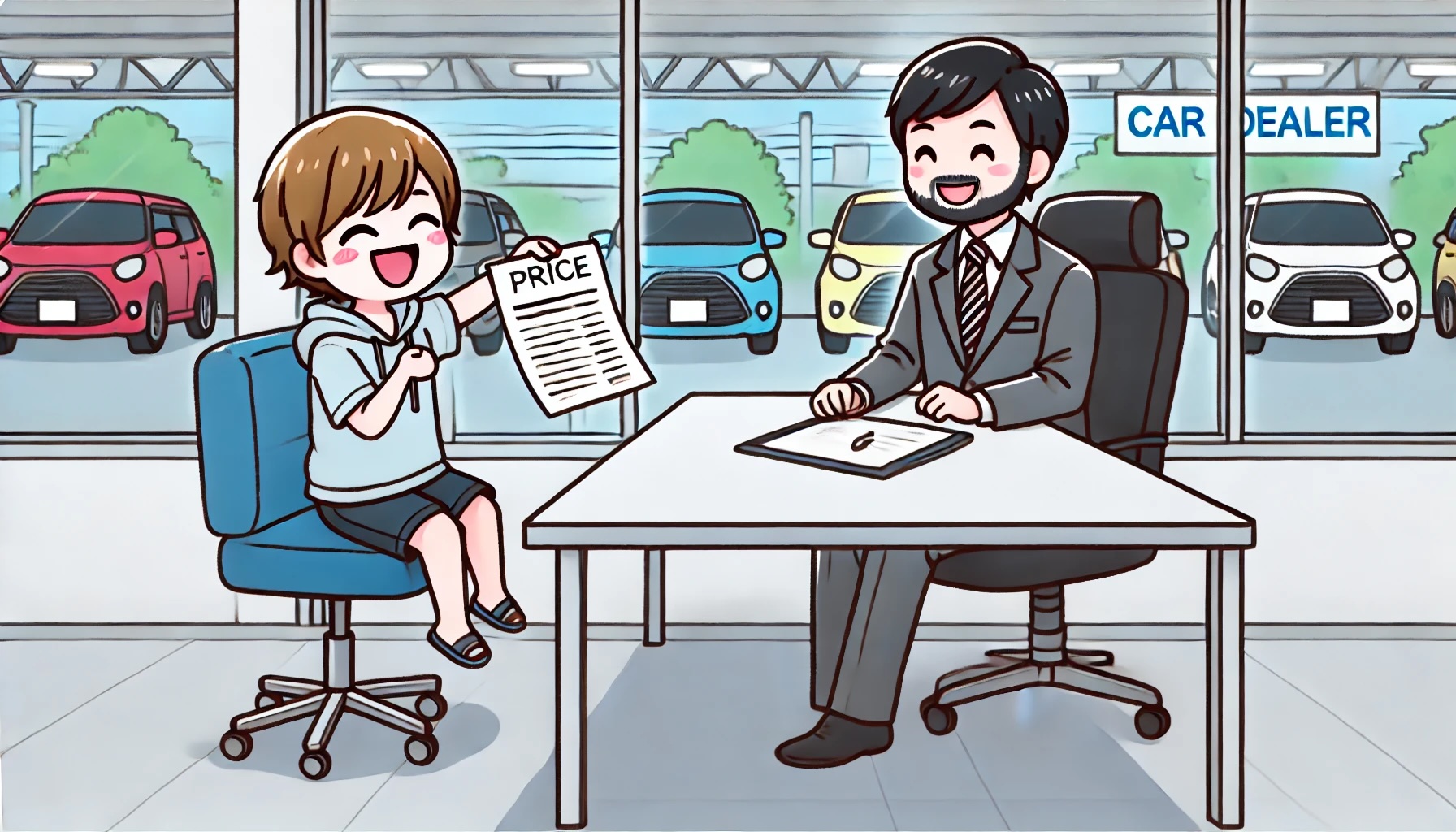A car is a big investment but doesn’t have to be expensive. With proper planning and decision-making, there are considerable ways to save money on your next car purchase. Five of the many ways to get the best deal are as follows.
Research and Comparison Prices
Before stepping into a Honda dealership, you must know which car you need. Do you want a car for a big family or a small one for daily work communication? Would you need an off-road vehicle or some strong truck to carry heavy equipment? Determining what automobile you need is important because you just don’t want to spend extra money on features you would never use.
After you have decided on the kind of car you desire, look for a specific make or model. It would also help you dive deeper into websites like Edmunds, TrueCar, and Kelley Blue Book. These sites will provide a vast library of information, including invoice costs, market trends, and actual customer reviews. With this information, you’ll be more prepared to bargain and make informed purchases.
Other costs to consider include:
· The Total Cost of Ownership
The purchase price is merely the starting point. You must factor in the overall cost of ownership and the many operating expenses. Costs of Insurance The manufacturer, model, and even color of your car can have a big impact on rates. To determine how much you will need to budget for insurance rates, acquire estimates from a number of insurance companies.
· Maintenance Costs
Some cars cost more to maintain than others. Look up common issues and the cost of parts and labor for models you’re interested in. Try to estimate the routine maintenance and unexpected repairs.
· Fuel Efficiency
A fuel-economic car would save a lot, with fuel prices always fluctuating. Check the vehicle’s MPG rating; you can estimate how much you will pay for fuel each year based on the miles you drive.
· Other Costs
Consider other costs such as registration, taxes, and depreciation. Some cars hold value longer than others, affecting the overall ownership cost.
Knowing all the ‘upfront’ costs and projected expenses flowing from the car will put you in a better position to drive a fairer price, not overpay for what you buy, and assure you that the vehicle fits your long-term budget. Such an all-inclusive approach will provide insight into making a smart financial decision and getting the right vehicle to meet their needs.

Consider Buying Used
New cars lose tremendous value within the first couple of years, allowing you to have the same vehicle at a lower price tag. This reality means you will get a reliable ride without breaking the bank.
When purchasing a secondhand car, the thing to do is look for certified pre-owned cars. These beauties come with extended warranties and must be conscientiously checked by the manufacturer or dealer for defects. You can, hence, have increased faith in the condition and reliability of the car. Several CPO programs include additional benefits like roadside assistance and special financing.
With the best deal, access sites like Carfax and AutoCheck. These sites will give you a detailed history of the car you need, everything from accidents to titles to service records. The information you get will provide a basis for making a more knowledgeable decision about where to avoid headaches later.
That means you can easily save a buck and still drive a good car. Consider the route of used cars, since that will make more sense in saving your money. All you need is some research and a few tools to get that great ride that fits within your budget and meets your needs.
Negotiate the Price
One of the most important things to undertake when buying a new or used car is to negotiate. Haggling, might help you get the price of the car way below the price tag. Prepare for this phase by gathering both the MSRP and the invoice price, which is the price the dealer paid for the vehicle. These two key pieces of information will give you actual car figures, which is a solid foundation for negotiating a fair price.
Begin by making an initial offer lower than the MSRP but close to the invoice price. Be prepared to haggle, as dealers often expect some back-and-forth. It’s essential to remain firm but polite in your negotiations. Don’t hesitate to leave if the dealer refuses to meet your terms. Remember, other dealerships and cars are always available, and being willing to go can sometimes prompt the dealer to reconsider their stance.
Additionally, consider negotiating the price of add-ons and extended warranties. These extras can add up quickly and are often areas where dealers have some flexibility. You can further reduce the car’s overall price by negotiating these costs.
Time Your Purchase Wisely
Seasons can greatly affect the cost of a car. For example, there’s a huge difference between summer and winter offers. New car dealers regularly offer end-of-the-year clearance sales to create space for new vehicles of the latest model year. Likewise, it would help if you waited until the end of the month because salespeople are always willing to close sales before facing their bosses.
Relating to this fun factor, vacation weekends, particularly Memorial Day and Labor Day, are considered occasions when it is possible to find attractive offers. Of course, knowing when to buy certain items can save you anywhere from a hundred to a thousand dollars or more.
Read the Contract Carefully
Take time to read the contract in detail before signing on the dotted line, as in most cases, hidden fees are included in the sale agreement. Common hidden costs include documentation fees, delivery charges, and unnecessary add-ons. These silent killers will balloon your final price if you aren’t careful. Don’t rush through this; ask questions if there is anything you don’t understand. You don’t want any surprise costs that may pop up later.
You can save a little money on buying the next car by taking a few easy steps. For financially wise and prudent decisions, you should thoroughly research car prices, consider used vehicles, negotiate time effectively, and go for pre-approved finances. These tips will help you save money and get the best returns on investment. Take your time doing homework and drive away with a good deal on your next car.

